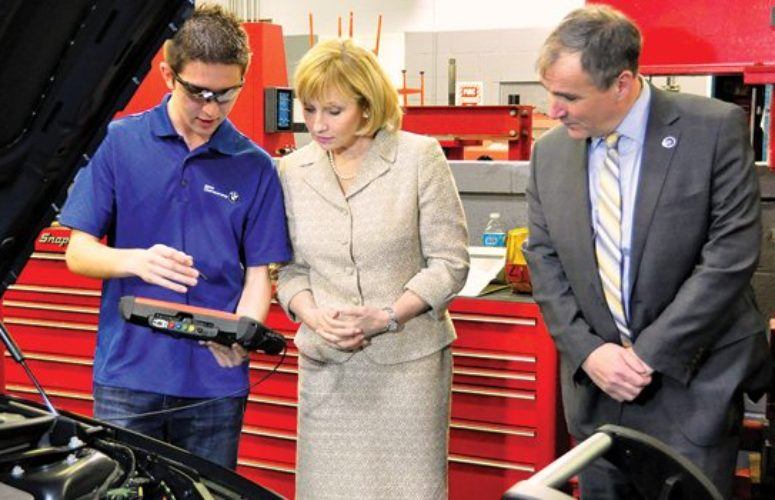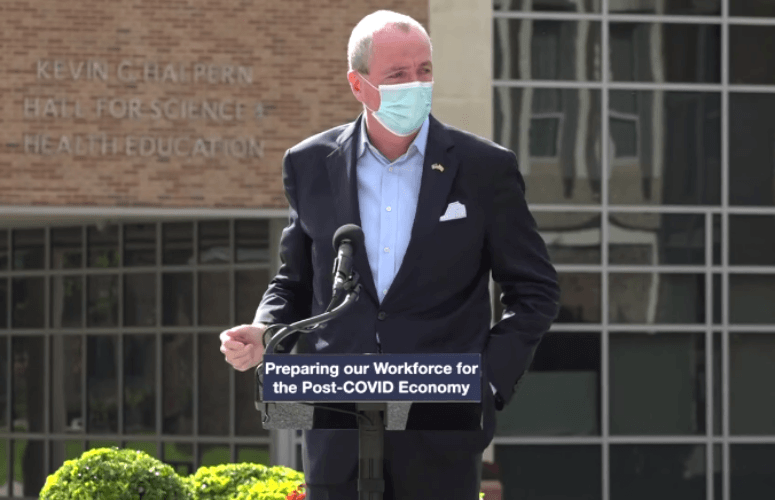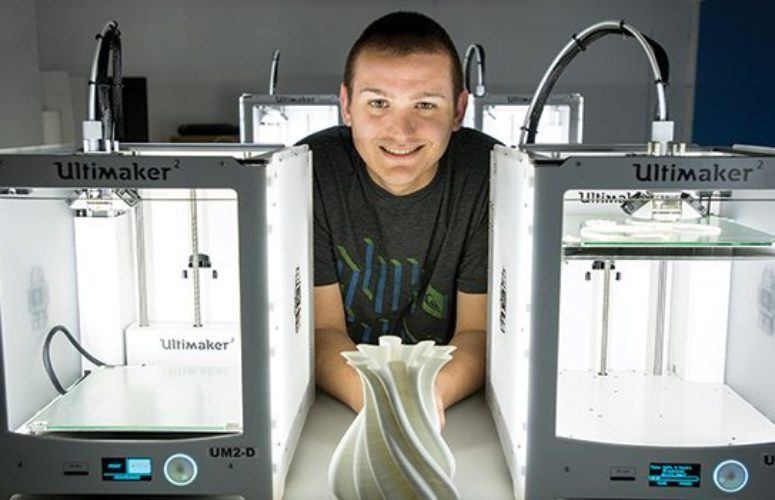
Preparing Tomorrow’s Workers
In Action on 65 by ‘25
By Andrew Musick, NJBIA Vice President, Taxation & Economic Development On Nov 29, 2017
To address this problem, NJBIA has joined with state education, higher education and labor officials for the “65 by ’25 Many Paths, One Future” campaign.
What it is. The name is the goal: 65 by ’25 means having 65 percent of New Jersey’s working-age residents attain at least some post-secondary school education by 2025. Right now, only 50 percent do. The campaign focuses on seven key industries that will likely have the most demand for skilled workers in the future – manufacturing, construction, finance, healthcare, life sciences, retail and hospitality, and technology and logistics.
Rethinking post-secondary education. Achieving this goal will require rethinking education after high school. Historically, high school graduates have either gone to work or gone on to a four- or two-year college. Over the years, more students have found value in local community colleges, but many professional jobs still require a college degree. Today, there are hundreds of industry-valued credentials that require some college education or advanced training, but not necessarily a college degree.
Community and four-year colleges have recognized this and have been developing programs for industry-valued credentials and even working with high schools so students can begin such courses before they graduate. To make the most of these efforts, New Jersey must educate high school students and their parents about the different career paths available that don’t require four years of college.
Internships and apprentice programs. Earlier this year, the state launched the Many Paths, One Future Internship Grant program, which will reimburse employers 50 percent of the wages they pay to new interns, up to $1,500 per student. Awards are available for up to 1,000 students on a first-come, first-served basis for internships in one of the seven key industries, and interns must be enrolled in a New Jersey high school, college or university.
In the end, NJBIA’s goal is to make sure New Jersey businesses have a pipeline of skilled workers that are ready for the 21st century workplace. Skilled workers represent New Jersey’s biggest competitive advantage over most other states, and we need to maintain it.
Related Articles:






